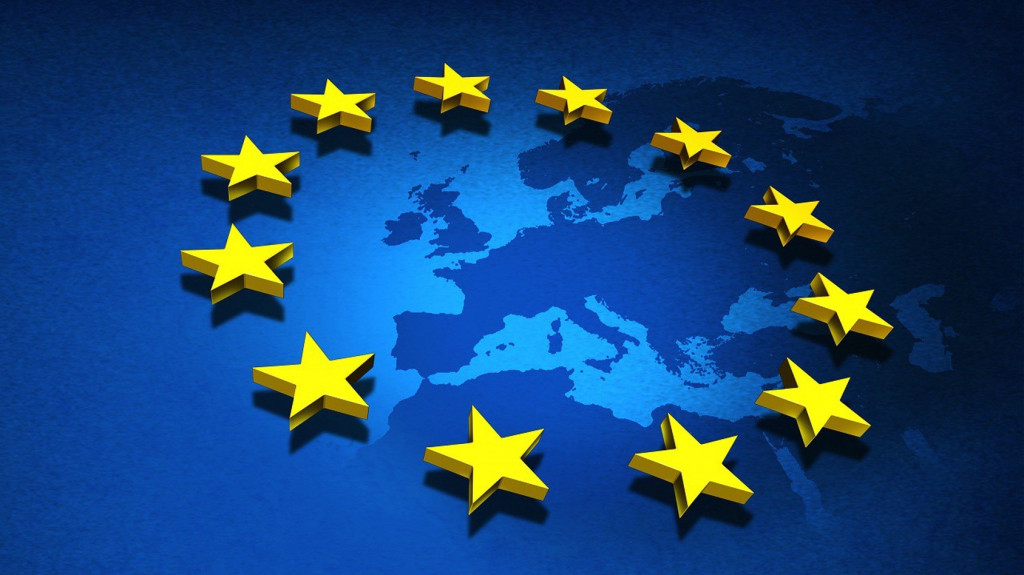on the crypto

Privacy coins in the crosshairs
The European Union wants to legislate coins for privacy. European institutions would target cryptocurrencies such as Monero, Zcash, Secret or Dash. The proposed law aims to ban banks or cryptocurrency providers from interacting with privacy coins to fight money laundering.
If this law is passed, emblematic projects such as Monero or Zcash would find themselves in difficulty. The leaked draft legislative proposal states that:
Lenders, financial institutions and cryptocurrency service providers are prohibited from holding coins that promote anonymity.
The draft is said to be an initiative of Czech officials and has just been shared with all 26 EU member states. For the moment, this bill has not been made official, but we will closely follow further announcements by the European institutions.
Privacy at risk?
Privacy corners are a sensitive issue in the cryptocurrency ecosystem. They allow for the anonymity of transactions and are defended by a significant part of the crypto community.
In an interview with Crypto Briefing media, Zcash CEO Josh Swihart gave his perspective on the future of privacy coins. He states:
If I'm a company that accepts cryptocurrencies natively, without going through third parties, I can't afford to let my competitors see all this information. Not only information about my business, but also about my customers who may transact with me.
For the Zcash boss, the need for privacy is more present than ever. He expects strong demand in the years to come, given the issues described above. Adds:
There are now all sorts of monitoring companies in the cryptocurrency space, such as Chainalysis, who not only track transactions to observe flows, but also addresses.
This regulatory approach could therefore push people to come to terms with privacy. In the aftermath of the cryptocurrency blender Tornado Cash case, many in the cryptocurrency community are demonstrating a strong commitment to privacy and its advocacy.
The European Union continues to work on cryptocurrencies
The European Union appears to be busy on all fronts when it comes to regulating cryptocurrencies. First, the MiCA regulation which was recently voted on by the European Parliament. Its implementation is approaching and should take place in 2024.
As a reminder, this law includes a significant number of provisions that ecosystem actors will have to comply with. Among these, we find in particular the implementation of a European passport which allows a company registered in one country to offer services to customers in another member state.
Another key measure is the qualification of NFTs as financial assets (subject to conditions) or a complete ban on companies paying their customers with stablecoin loans.
The European Union also intends to legislate on stablecoins. Stablecoins have become a central part of the cryptocurrency industry. The European Central Bank is more in favor of the introduction of its Digital Euro and therefore seems to want to strongly regulate the use and issuance of stablecoins.
For example, the creation of a stablecoin in euro could be vetoed by the European Central Bank. The European Central Bank wants to maintain control and is therefore banking on the creation of the digital Euro. Furthermore, the issuance of stablecoins will be more regulated. The regulatory stranglehold on the cryptocurrency industry is therefore closing. The recent failures of FTX will certainly give arguments in favor of the latter…
